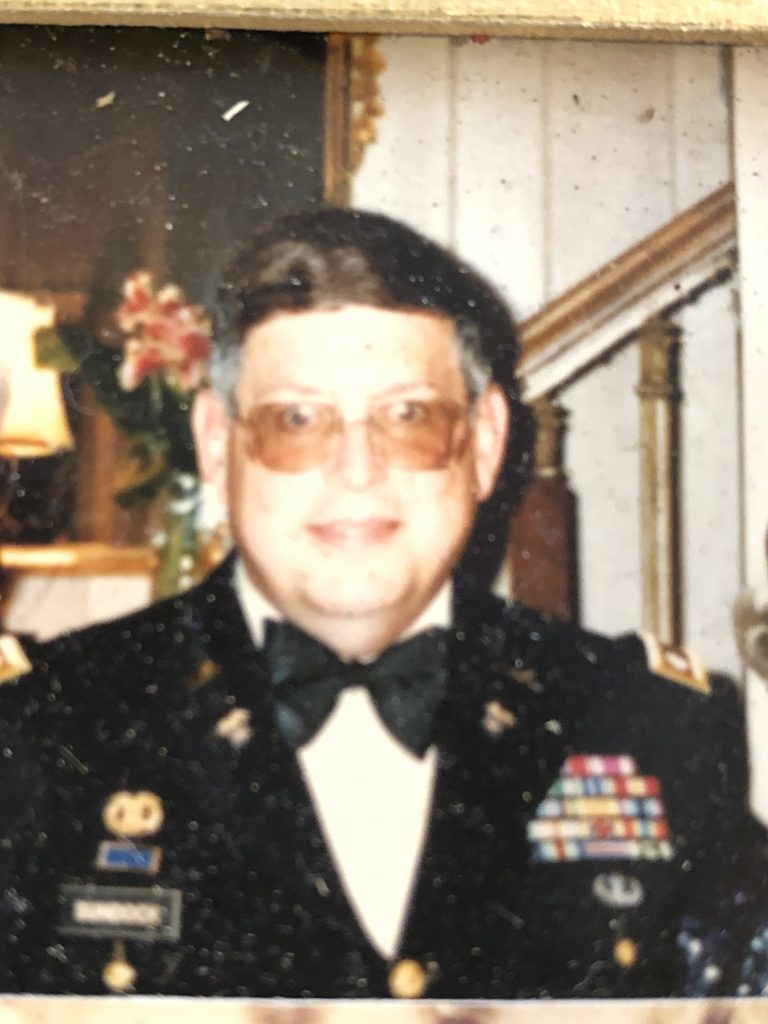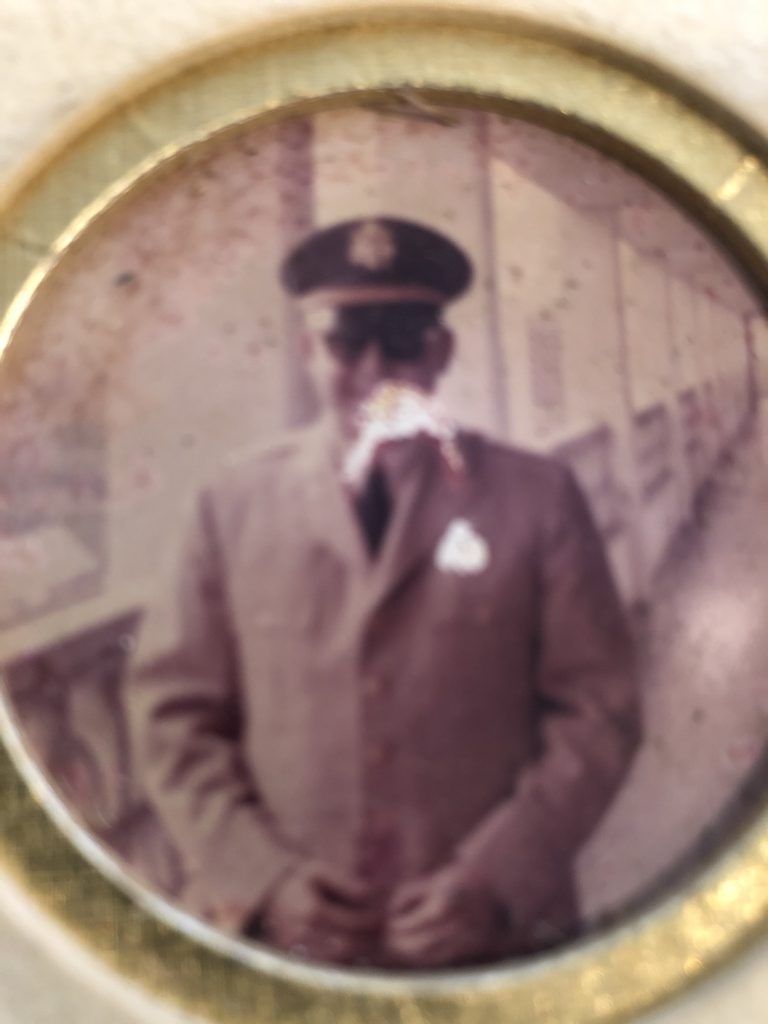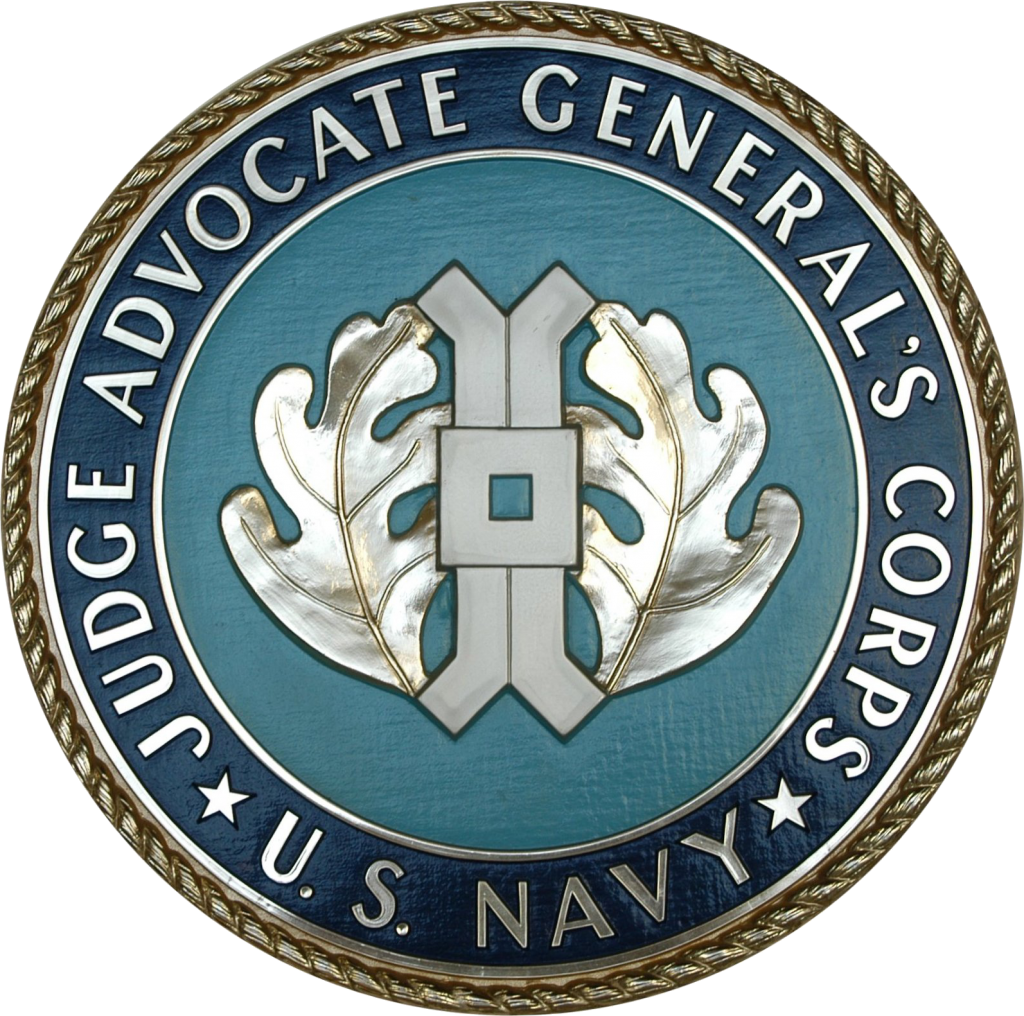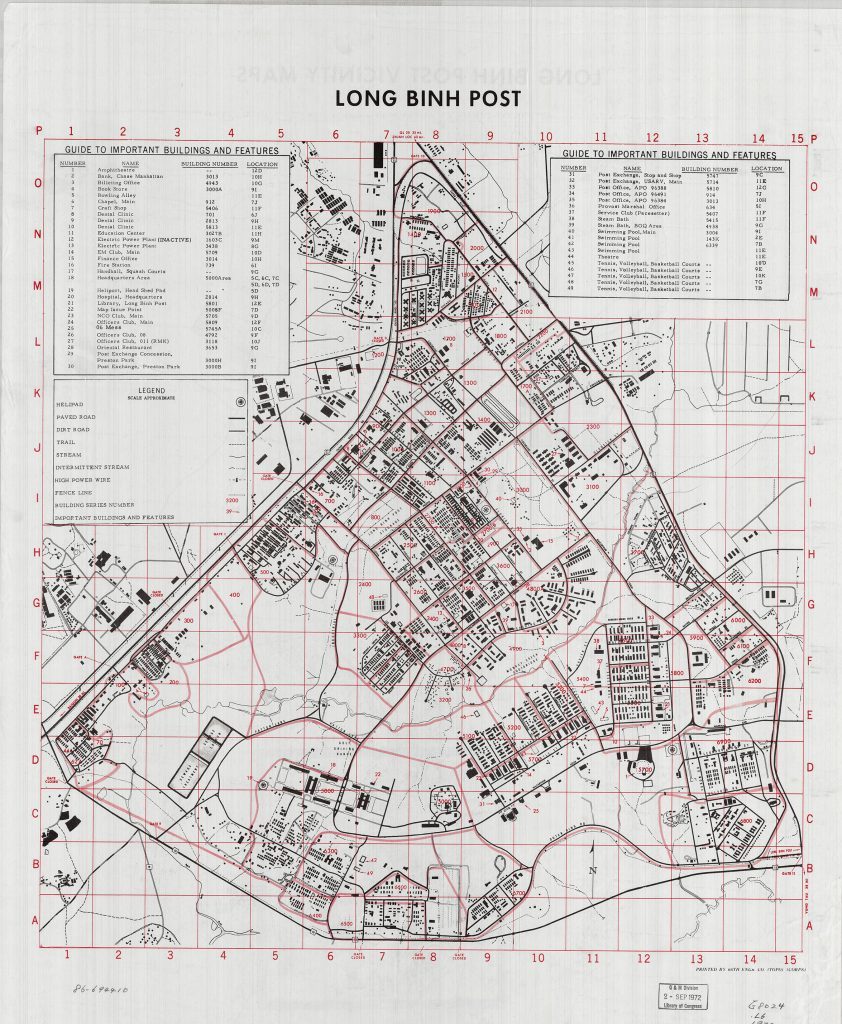
Life before the war
Before Vietnam, my grandfather, Michael Sundock, was devoted to the military. Born in 1939, Michael was a history and military buff and was an avid collector of military medals, uniforms, weapons, and much more, it was always a dream of his to serve his country. Following the end of World War II, Michael’s parents helped veterans find homes and cooked meals for local veterans in and around Montgomery, Alabama. When he attended Vanderbilt University, he was a member of the ROTC and was fast tracked to becoming an officer. However, when he graduated in 1961, he decided to attend the Columbia School of Law in Birmingham and become a lawyer.

The build-up to deployment
With the war in Vietnam escalating during the mid-60’s, Michael Sundock decided to enlist in the active duty military. He was an exceptional shooter before joining and honed his skill when he arrived at basic training according to my father, Jon. Training with the army at Fort Lee in Virginia, he won two marksman’s medals, but was reassigned to the JAG Corps – the Judge Advocate General – for troops on the ground in Vietnam. Fort Lee is the headquarters of the United States Army Combined Arms Support Command / Sustainment Center of Excellence. Shortly before he arrived at Fort Lee, the base went through a major change in 1962 which saw it become the US Second Army’s Class I military instillation, or a base of operations for the entire army group.
He was deployed overseas in 1967 and was stationed at a base in Saigon for about nine months. While he was in Vietnam, he was considered to be “old” by many soldiers since they were mostly 18, 19, and 20. He told my dad stories about how badly he felt for these kids who were thrown into a horrible conflict when many of them didn’t have a choice. Interestingly enough, Michael never saw combat and was well away from any of the fighting despite having been such a good shot. And, when I asked my dad during the interview, he did not know why this was.
One of the points I was most interested by when speaking to my father about my grandfather’s life was his political views, dedication to the military, and the flag. My dad said that my grandfather supported Linden B. Johnson because he respected the seat of the presidency regardless of what party he was a part of. My grandfather was a very loyal person and he felt it was his duty to go abroad and help in the conflict, even though he wasn’t directly in combat. Because of his involvement with the ROTC and what his parents did for veterans when he was a child, he felt it was only right he dedicate his life to this incredible country and the cause in Vietnam.

A history of the JAG Corp
The JAG Corps was one of the most vital, and one of the most unappreciated, branches of the military during the Vietnam War and is still a crucial part of the military today. Although he had attended law school and earned his BAR in Alabama, my grandfather had to learn the Uniform Code of Military Justice so he could properly assess situations that arose. It was a rather new concept when he joined the JAG Corps as the UCMJ was not formed until 1951 and was implemented by Congress. This policy applied to every branch of the military and had different stipulations based on the infraction or issue that came up. For example, if there was a report of theft or a small infraction, soldiers would be given a non-judicial punishment that was handled independently on a branch by branch basis. But, when it came to serious accusations like murder or rape, the JAG Corps lawyers would be assigned to defend the accused and follow the due process of American law. There would be a trial held wherever the infraction was committed and the accused would be punished accordingly.

Stories from Saigon
One of the biggest things my grandfather quickly realized in his short time in a war zone was that there were men from every walk of life thrown onto a small stretch of land and told to fight communism. As you would expect, many of those men didn’t want to be in a war, so, they would try to commit infractions that would either see them pulled off the front line, sent back to the states, or in some cases, dishonorably discharged. One of the most fascinating stories I heard from my grandfather was when a young soldier, he said 18 or 19, was doing all kinds of drugs and smoking cigarettes constantly so that there was a chance he would be deemed unfit for service and sent back to the states. Sadly, this was not an isolated case, but it stuck with me the way he described the behavior of the teenager. Michael said he had a dead stare constantly and never reacted when he was ordered to do something by a superior. Although he didn’t have any specific stories, I was told that there were several times that a soldier didn’t want to be defended by a lawyer. They simply wanted to get out of dodge regardless of what the consequences were.
Life after the war
Rising to the rank of Lieutenant Colonel, Michael returned to the United States in late 1968 and returned to Fort Lee where he remained a JAG Corps lawyer. He stayed there for several years before relocating back to Montgomery in the early 70’s. He remained in active duty until the late 70’s when he transitioned into the National Guard for what my dad said was at least a couple of decades. Now approaching 50, Michael decided he wanted to help more on the administrative side and went into Government Service and worked in military logistics until his death in 2015.